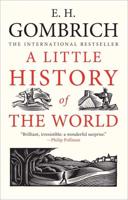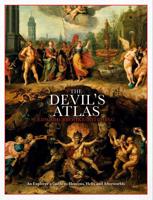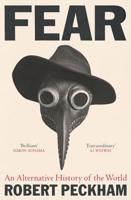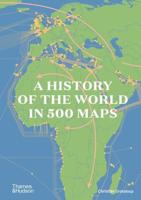Publisher's Synopsis
*Includes pictures
*Includes a bibliography for further reading
"We are of a single nation, of the same blood, but forcibly divided." - attributed to Kim Il-sung
North Korea has long been the butt of jokes, and it has been a longstanding target of international criticism, but the startling satellite image was anything but amusing, for it demonstrated the truly catastrophic conditions North Koreans find themselves in. Statistics show that the average South Korean uses up to 10,162 kilowatt hours of power per year, whereas their neighbors in the north consume only 739. This is only one amongst a slew of stumbling blocks affecting the state, impeding it from proper progress.
The mismatching network of sprawling, yet lifeless cities and squalid, poverty-stricken provinces stands eerily silent next to the bustling metropolises on either side of it. North Korea is trapped in an impenetrable, soundproof bubble, the entire state frozen in time. Notwithstanding a fractional sliver of the capital, where the Supreme Commander and the North Korean elites resided, the faded Pyongyang skyline and its blocky, monotone buildings - while a vast improvement from the rest of the state - seemed to be lifted straight out of the '70s at best.
So why is North Korea so starkly different from its neighbors when nothing more but mere borders separate them? A tyrannical lineage secured by nepotism. An entire nation indoctrinated by chilling, mindboggling propaganda, molded by fear and forced ignorance. Mass purges doled out seemingly on whims, without fair trials. Unparalleled paranoia and cold-blooded assassinations left and right, seemingly around every curve and corner. An impoverished sphere of barren wastelands inhabited by malnourished masses, orbiting a world glittering with the gross opulence and superfluous riches of the elite. These sound like the elements of a particularly perilous period of autocracy enforced by some mad monarch of a bygone era, or perhaps a generic blurb for a far-fetched thriller set in a dystopian future. Alas, the description matches the modern state of North Korea almost flawlessly.
To say that the so-called "Supreme Commanders" of North Korea have been sticklers for submission would trivialize the more-than-troubling state of affairs that has plagued this precarious place for decades. The fearsome Kim regime, though relatively fresh in comparison to powerful dynasties that lasted for centuries, has become one of history's most controversial bloodlines, and not without cause.
After his father, Kim Il-sung, Kim Jong-il was the second of the despotic Kims that have terrorized North Korea for decades. While lampooned widely across the West, Kim Jong-il, a fan of cinema, all but mastered the art of propaganda in North Korea to heighten his image. A clip from a quirky North Korean children's show that has recently emerged went so far as to depict his supernatural birth in question. A bespectacled man sporting a Mister Rogers-esque mustard sweater and a wispy, peppered beard can be seen surrounded by a group of kindergarteners who appear to be captivated by the eccentric narrator's every word. He tells them about the "Great General from Heaven," who was born on what the locals call the "sacred Mount Paektu," the tallest cluster of mountain ranges on the entire Korean peninsula with its staggering height of 9,000 ft.
After his father's death in 2011, Kim Jong-un, the baby-faced 30-something with the bizarre flat-top seated at the throne today, became an object of fascination. The world watched with bated breath as the keys to the sinking ship were passed down to the young Kim, hoping for the state's long-awaited metamorphosis. It would not take long for these same wishful thinkers to realize that this young man could be far more erratic, blinkered, and inflexible than those who came before him.








